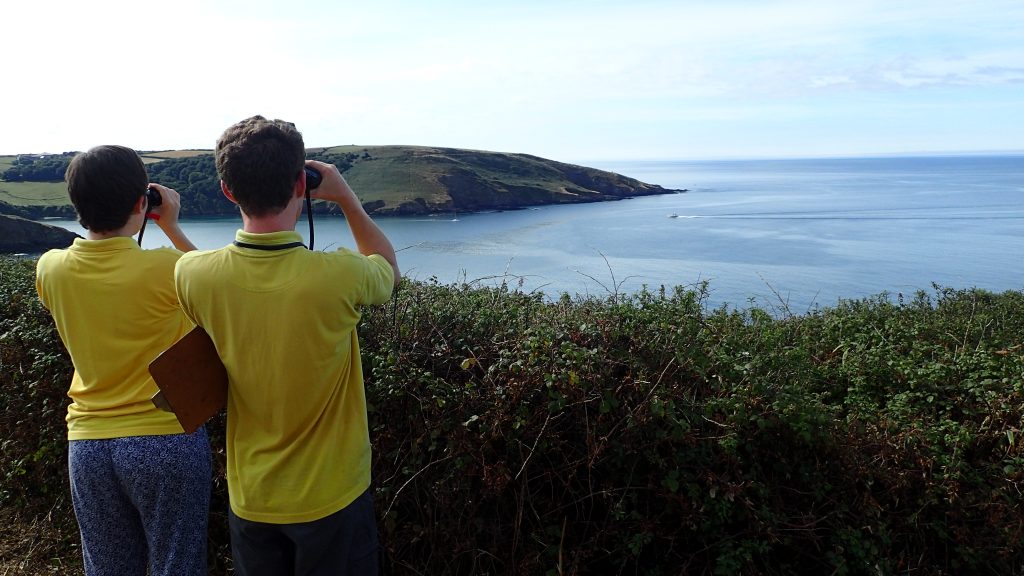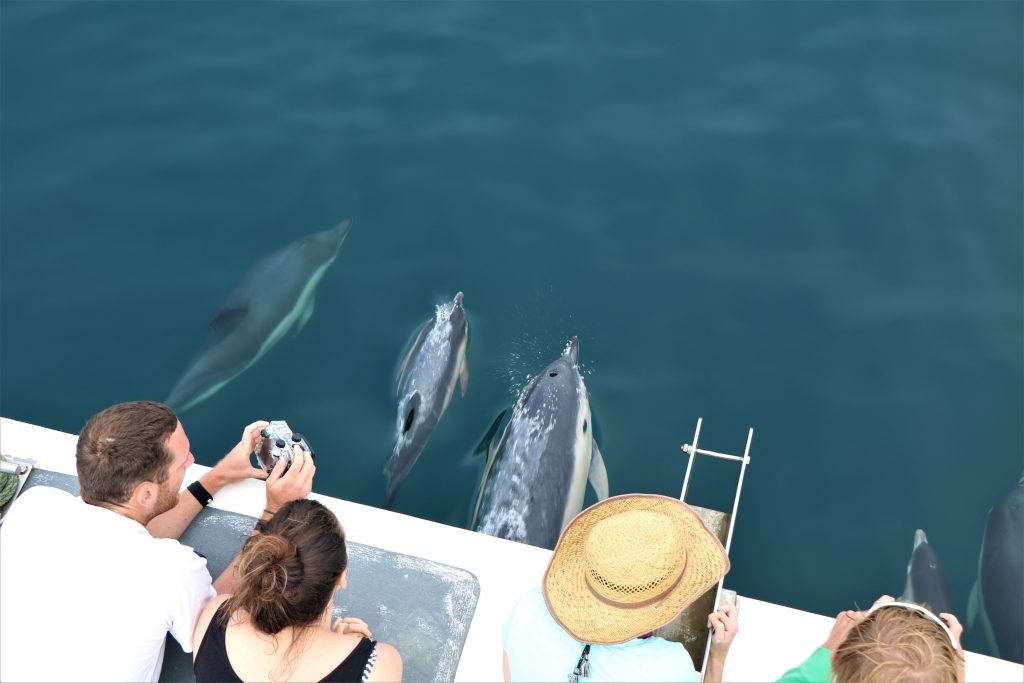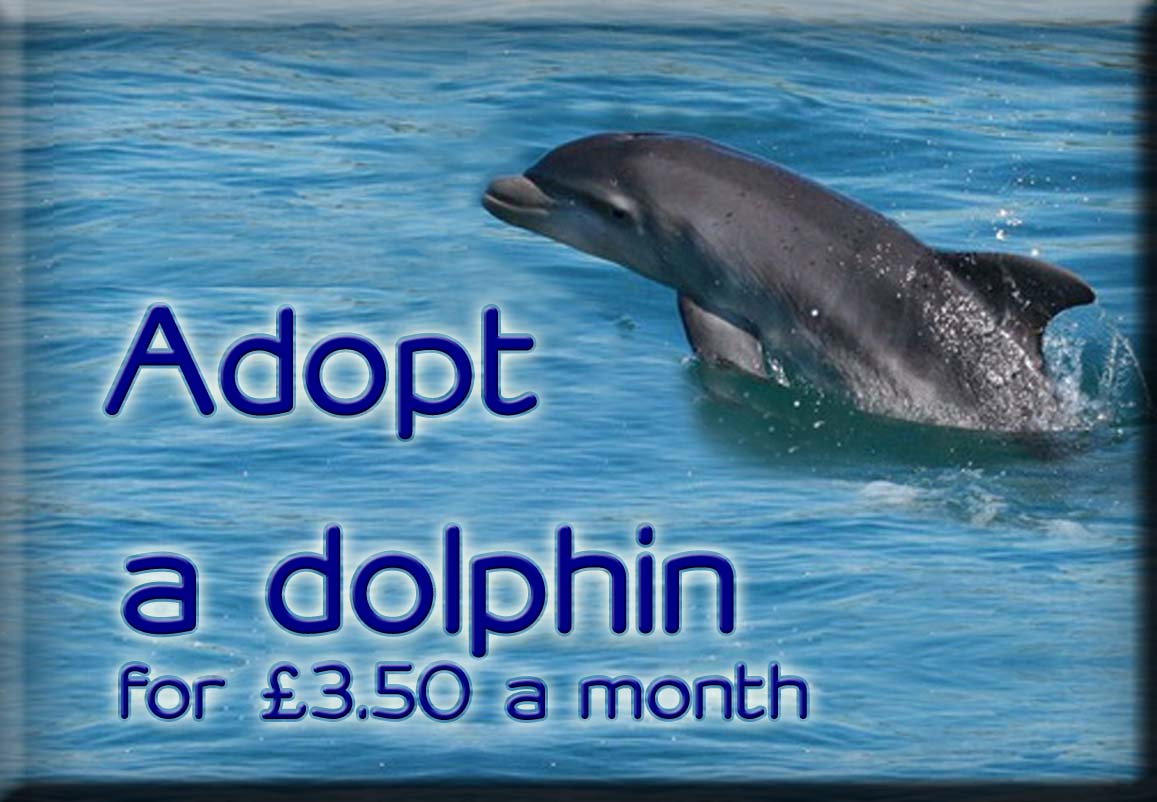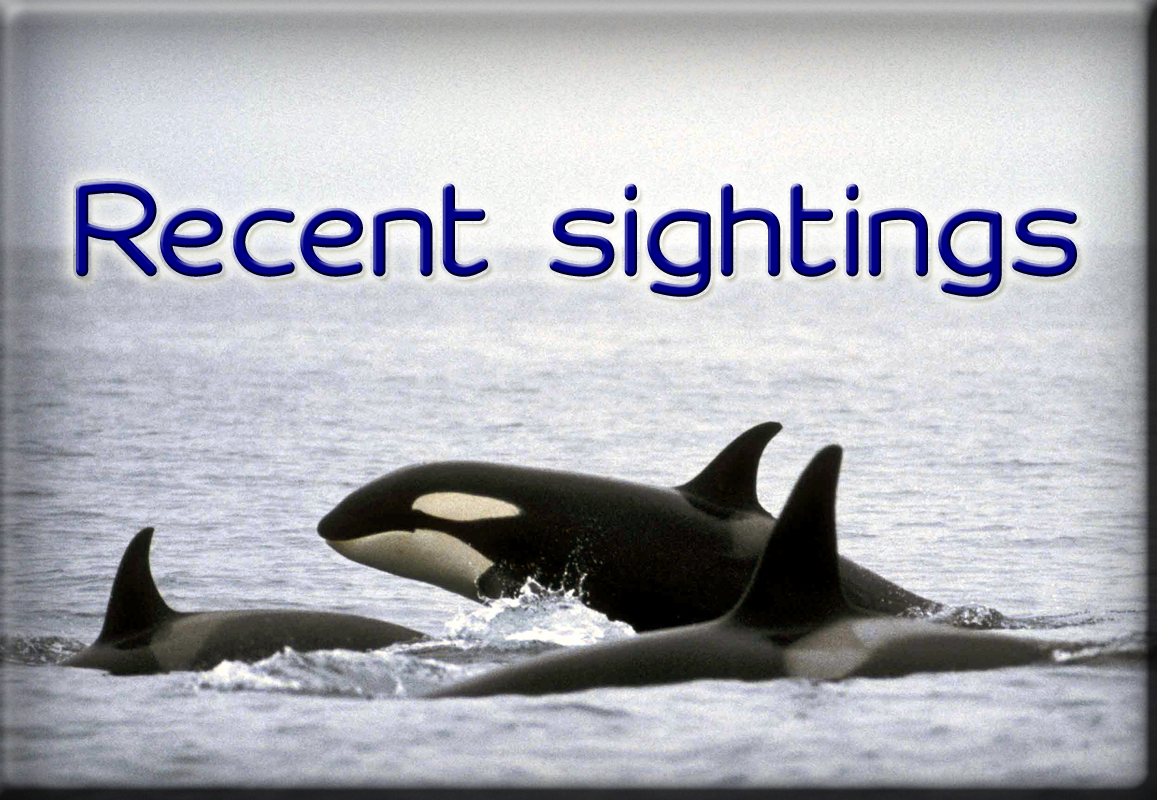Education is a vital tool in any aspect of life. If no-one learns anything new, nothing can change. This is especially important in conservation, as this field needs all the help it can get in fighting for nature and spreading the word. In fact, it is not only important but potentially the key to success.
“No-one will protect what they don’t care about, and no-one will care about what they have never experienced.”
Sir David Attenborough
As Sir David Attenborough very rightly said above, the fundamental objective of education is to promote respect, understanding and love of the natural world. We can help people discover and nurture that by providing them with access to the wonders of nature. First learn to love it, then learn how to save it.
Viewing wildlife with your own eyes is one of the best ways to engender love for what you’re seeing, and it has to be done in such a way that the wildlife you’re watching is respected and not disturbed. In terms of marine mammals, there are opportunities to see them from both land and sea. Land watches can be done from anywhere around the coastline, all you need is a pair of binoculars. Knowing where to go to have the best chance of seeing cetaceans can help a lot, and to assist potential observers, the Hebridean Whale and Dolphin Trust have launched the wonderful Whale Trail which helps you discover the best places to see whales and dolphins from land around Scotland. We also have regional fact sheets to assist with this.

Boat tours adhering to the responsible whale watching guidelines are also fantastic ways to view whales and dolphins. We have a list of recommended tour operators here. These trips can be wonderful experiences and can take your breath away, leaving lasting memories of the wonders of these creatures. Observations are incredibly useful for monitoring populations. As with land watches, Sea Watch volunteers record data such as species seen, how many, their location and behaviour. Lots can be learned during these wildlife watching experiences, as most have guides on board and interpretation to explain about the ecology, behaviour, threats and conservation of the animals you’re seeing.

Education is not a new concept and, happily, it is happening everywhere! Classroom learning has its place, as it’s important to know how to save the wonderful wildlife you love. But there’s nothing like being out there experiencing nature first hand. A study by Heather Zeppel reviews the education and conservation benefits of several different marine wildlife experiences. Using a framework of indicators such as behaviour and lifestyle changes in visitors, she shows that encounters with marine wildlife contributed to participants having longer term intentions to take part in conservation actions.
Starting young is a great notion, and it’s definitely true that people will care more for nature throughout their lives if they are exposed to it and love it as a child. Children seem to spend more time indoors these days than exploring the outdoors, especially in the past year due to the pandemic and lockdowns. There are many ways to engage with nature online, however, which can be a great way to learn. The Virtual Marine Biology Camp is an initiative launched last year by Seattle-based tour company Oceans Initiative. This is an online learning hub for children interested in marine wildlife, and includes broadcasts with scientists and photographers and other learning resources. The Hebridean Whale and Dolphin Trust have created an online education resource called the digital floating classroom which is an online version of their school visits. They have also released a comprehensive workbook on cetaceans specifically for children interested in marine biology.
Volunteering and internships are excellent ways of getting involved in marine conservation. At Sea Watch we recruit a number of interns each year to assist with cetacean research, outreach and education. We also offer a number of training courses to volunteers and observers to teach them how to identify cetaceans in the wild, how to monitor them and contribute to their conservation. Education and engagement are an important part of what we do. We undertake school visits, offer career advice and have a variety of student research projects available each year. Click here to see our upcoming events and how you can get involved, and here for how to become a volunteer observer!
“The great thing about education is that it has no definitive shape, and can be done anywhere and by everybody. Every day is a chance to learn something new! So spread the word and the love, extol the wonders of nature and show the world that it’s worth saving.”
Kayleigh
Sea Watch Volunteer
Feature Blogger
Sources and further information
- Education and Conservation Benefits of Marine Wildlife Tours: Developing Free-Choice Learning Experiences: The Journal of Environmental Education: Vol 39, No 3 (tandfonline.com)
- Conservation Education Society » Marine Education Centre (ceskenya.org)
- Education » Blue Ventures
- Education: the key to success in environmental conservation | Save Our Seas Foundation
- Sea Watch Foundation » Schools, Universities and Community Groups
- Sea Watch Foundation » Cetacean Survey Training Courses
- What’s on in Education at MCS | Marine Conservation Society (mcsuk.org)
- Educational Resources – Whale and Dolphin Conservation (whales.org)
- Conservation Education | PAMS Foundation
- Hebridean Whale Trail
- HWDT’s Floating Classroom goes Digital — Hebridean Whale & Dolphin Trust
- Whale experts launch free, virtual marine biology camp to entertain and inform kids – GeekWire

























Pingback: This ain’t no love – Kayleigh Ann Writing